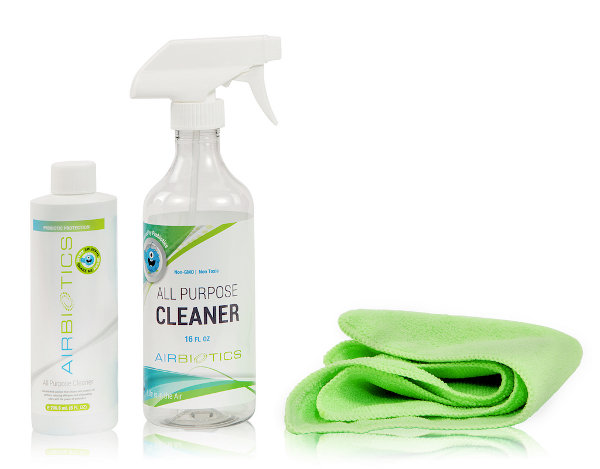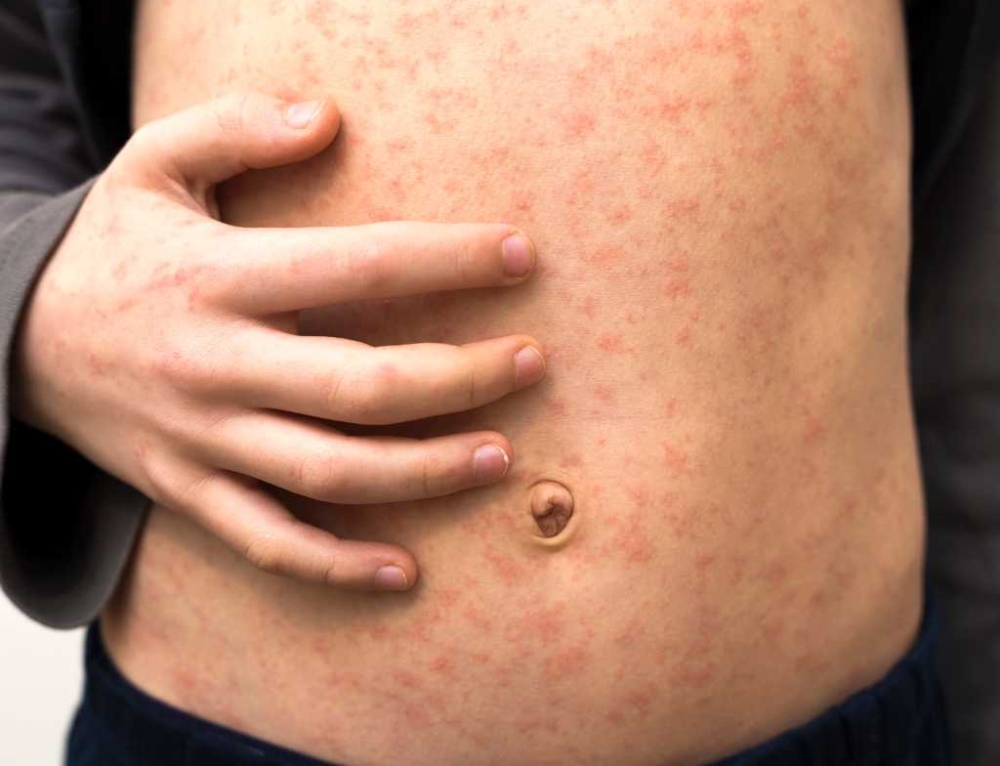Happy and healthy are the two things that all parents want their child to be – after all, this is the cornerstone of being a child. Unfortunately, this is not the case 100% of the time for some. It is reported that over 521,000 people in New Zealand take medication for asthma, with an estimated 1 in 7 children and 1 in 9 adults having the chronic respiratory disease. Asthma is also one of the most common causes of hospital admissions in children in New Zealand.
What is asthma?
Sufferers of asthma have sensitive airways in the lungs. These airways can tighten, swell or partially close, and produce air-blocking mucus from certain triggers. A person with asthma can find it hard to breathe in and even harder to breathe out.
Symptoms of asthma can be:
- Wheezing (when breathing the person may ‘whistle’ in and out)
- Feeling short or breath and a tight feeling in the chest
- Coughing
Asthma triggers
Although sufferers can medicate the symptoms of asthma, it may be surprising to learn that there is no cure. Managing asthma, however, can be simple and easy for the whole family, and it all starts with a bit of research. Children coming to terms with the biomechanics of asthma may not be able to recognise these symptoms, therefore learning about the condition as a family can help everyone put small steps in place to control it. One way to do this is to recognise triggers; keep a notebook or diary, record them, and find ways to avoid attacks.
It’s also important to recognise other conditions that asthmatic people can have and their catalysts, as these can determine asthma flare ups. Many children with asthma also suffer from eczema and hayfever, which can worsen with the presence of dust mites.
Although we can’t usually see dust mites, they are one of the most common indoor allergens. Dust mites are microscopic organisms that feed on dust and moisture in the air; they are present year-round and can trigger asthma, hayfever and eczema. Symptoms often worsen during or immediately after vacuuming, sweeping and dusting. The process of cleaning can stir up dust particles and dust mite faeces, making them easier to inhale, meaning people and children can often suffer the worst in their own homes, with chemical-laden household cleaners often adding to the problem.
Asthma-friendly cleaners
Traditional household cleaners, atomisers, sprays and aerosols may help to mask indoor odours, but can be extremely irritating to sensitive allergy and asthma sufferers. With an estimated up to 90% of our total time now spent inside, it’s important to use alternative, natural cleaners and reduce irritating chemicals in indoor spaces. A probiotic cleaner such as the Airbiotics All Purpose Cleaner is easy on airways and lungs, provides a powerful cleanse to the home with zero chemicals, and with the help of probiotics, effectively keeps surfaces bad-bacteria free for longer. To keep, bedding and pillows allergen free, Airbiotics StaBiotic Home Mist sprayed directly to bedding, soft furnishings and even soft toys can help lessen asthma triggers such as dust mite faeces.

I speak from personal experience with asthma. Three years ago when my partner’s son was at preschool, one in four children, including him, used inhalers; a staggering number and nearly twice the average for New Zealand children. After reviewing what we use in our home and eliminating chemical irritants, he now has far fewer asthma attacks. What do we use? Airbiotics All-Purpose Cleaner, Airbiotics Home Mist Spray and a probiotic washing liquid for clothes. It’s definitely proven to us that managing asthma can be as simple as looking after the air inside our home.
Find out more about Airbiotics and order direct from www.airbioticsnz.com.
This article was written by Neil Wootten, Airbiotics for Kidspot NZ.
Read more on Kidspot:







Please someone
I need some advice
We just found out on Friday 20 March in a email from ot Our daughter Erica has asthma an Erica is staying in Rolleston with caregivers who have 2 dogs
An since Erica has been with these caregivers Erica has got asthma we told ot all the signs.
I am Erica’s mum an I have asthma an Erica’s great grandmother has asthma we told ot everytime Erica had a very bad chesty cough and to check if it was not asthma but they never listened to us please help us
Tasha ( Erica’s mum & ben ( Erica’s dad & raynor Adams & ( Erica’s great grandmother
My second child had mild childhood asthma and it was definitely seasonal/temperature triggered as well as certain chemical triggered. I changed a lot of the chemicals I was using to clean the home to more natural products and have kept using those more natural products since. We have since added 2 more children to our family and thankfully so far no one else has asthma, but airbiotics is definitely something I am going to look into more now and try out for a healthier home!
Very interesting. I have often wondered if my 4 year old might have asthma. Her dad gets it and asthma along with eczema runs in both families. When we lived in a damp mouldy house her symptoms were quite asthma like. We have lived in a warm dry home for the last year and she only gets a really bad cough on super cold nights.
I have been an asthma/hay fever sufferer since I was a child and this was a very relevant read for me. I was not aware that chemicals could contribute to the problem so I am looking into purchasing some of these cleaning products to see if they can help and hopefully prevent my little girl from one day developing asthma. Thank you!!
This in a great article I have friends whose wee boy has been in and out of hospital by ambulance over the last couple of years it is very scary for them. These are some great products by the sounds of it. I have never heard of Airbiotics products but if they work that is great and will bring some comfort to those that have asthma in the house.
I found this very interesting with me having a lung condition and the kids often get a wee bit of asthma during winter time with colds etc. Very helpful article
I’m Asthmatic. Thankfully it’s mildly and I know my triggers. Particularly dust mites and drops in temperature/moisture in the air. I actually find my breathing is worse if I clean. Maybe it’s the products I’m using, but I tend to avoid shifting dust altogether! I have looked after asthmatic kids in the past and remember that rattling struggling sound 😢 it surprised me to learn that you can die from asthma too
Interesting – my now 25 year old son suffered from asthma from 9 months until he was about 5. He used to get so sick he would be hospitalized and was nicknamed the Happy Wheezer by the nursing staff. My 5 year old daughter has suffered from really bad bouts of croup and stryder and has actually had to go to ED a couple of times also as she struggled to breath at times. I have seen the products mentioned and might have to get some for our home. We do have an air cleaner/purifier in our daughters room which we run at night and I think that helps.